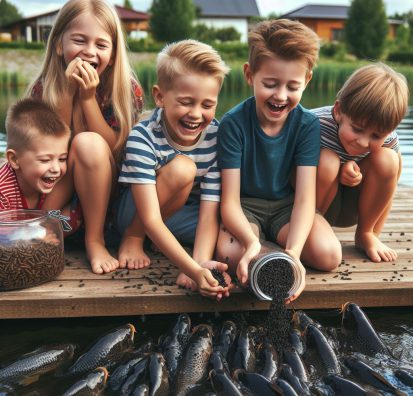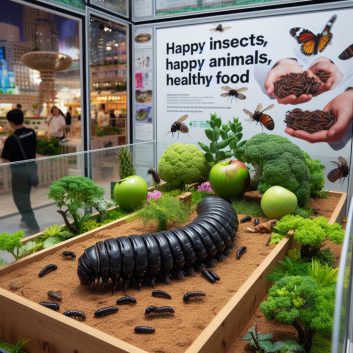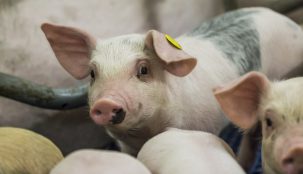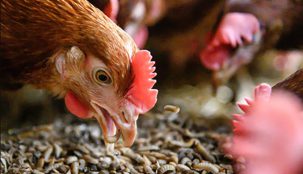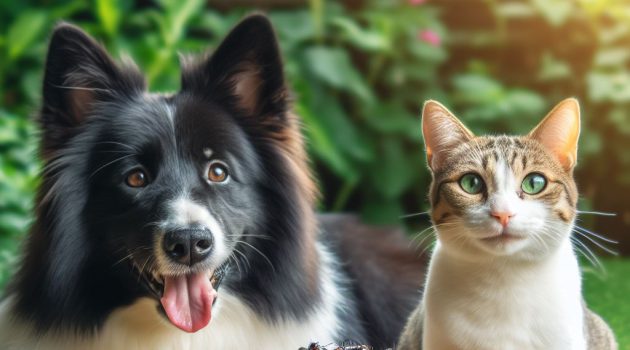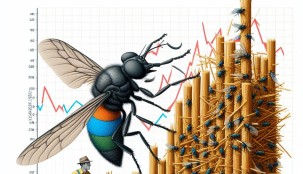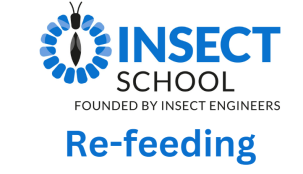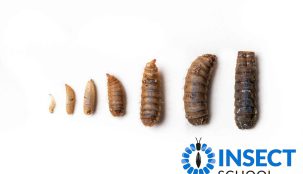Frontier in Fish Feed Development

Aquaculture, as a critical source of global protein, faces challenges related to the sustainability and environmental impact of traditional fish feed ingredients. In a groundbreaking study conducted by Barroso et al. in 2014, the researchers explored the potential of various insect species as an alternative and sustainable source of food for fish. This article delves into the key findings and implications of their research, highlighting the promise that insects hold in revolutionizing the aquaculture industry.
The Need for Sustainable Fish Feed
Traditional fish feed, often composed of fishmeal and fish oil, contributes to overfishing, habitat degradation, and increased pressure on marine ecosystems. Recognizing the urgency to find more sustainable alternatives, Barroso and his team investigated the nutritional value of different insect species and their potential role in transforming fish nutrition.
![]()
Nutritional Profiling of Insects
Barroso et al. conducted a comprehensive analysis of various insect species, evaluating parameters such as protein content, amino acid profiles, lipid composition, and fatty acid content. The researchers sought to identify insects that could provide a nutritionally rich and balanced diet for fish. Their findings revealed that certain insect species demonstrated promising nutritional attributes, including high protein content and essential amino acids, making them potentially valuable as fish feed ingredients.
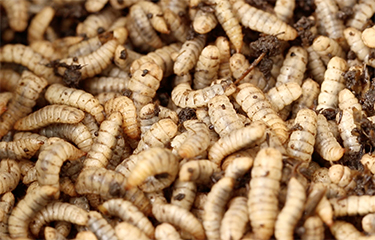
Environmental and Economic Considerations
In addition to nutritional aspects, Barroso et al. examined the practical feasibility of incorporating insects into fish diets. The researchers considered factors such as scalability, production efficiency, and cost-effectiveness of insect farming. This holistic approach aimed to address not only the nutritional needs of fish but also the broader challenges associated with sustainable aquaculture practices.
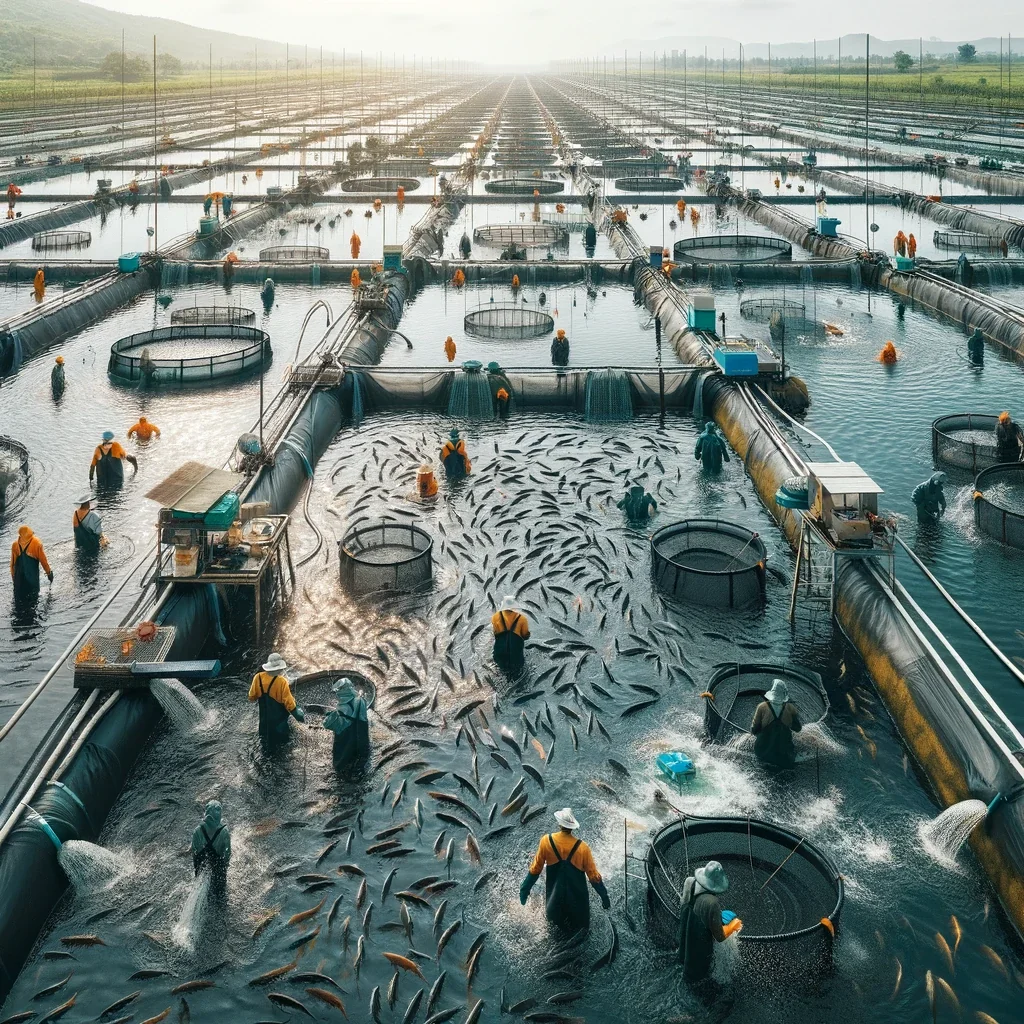
Ecological Benefits of Insect-based Diets
The study emphasized the potential ecological benefits of utilizing insects as a feed source for fish. Insects are highly efficient in converting organic waste into high-quality protein, presenting an opportunity to reduce dependence on conventional feed ingredients that contribute to environmental degradation. This approach aligns with the broader goal of promoting a circular economy within the aquaculture sector.
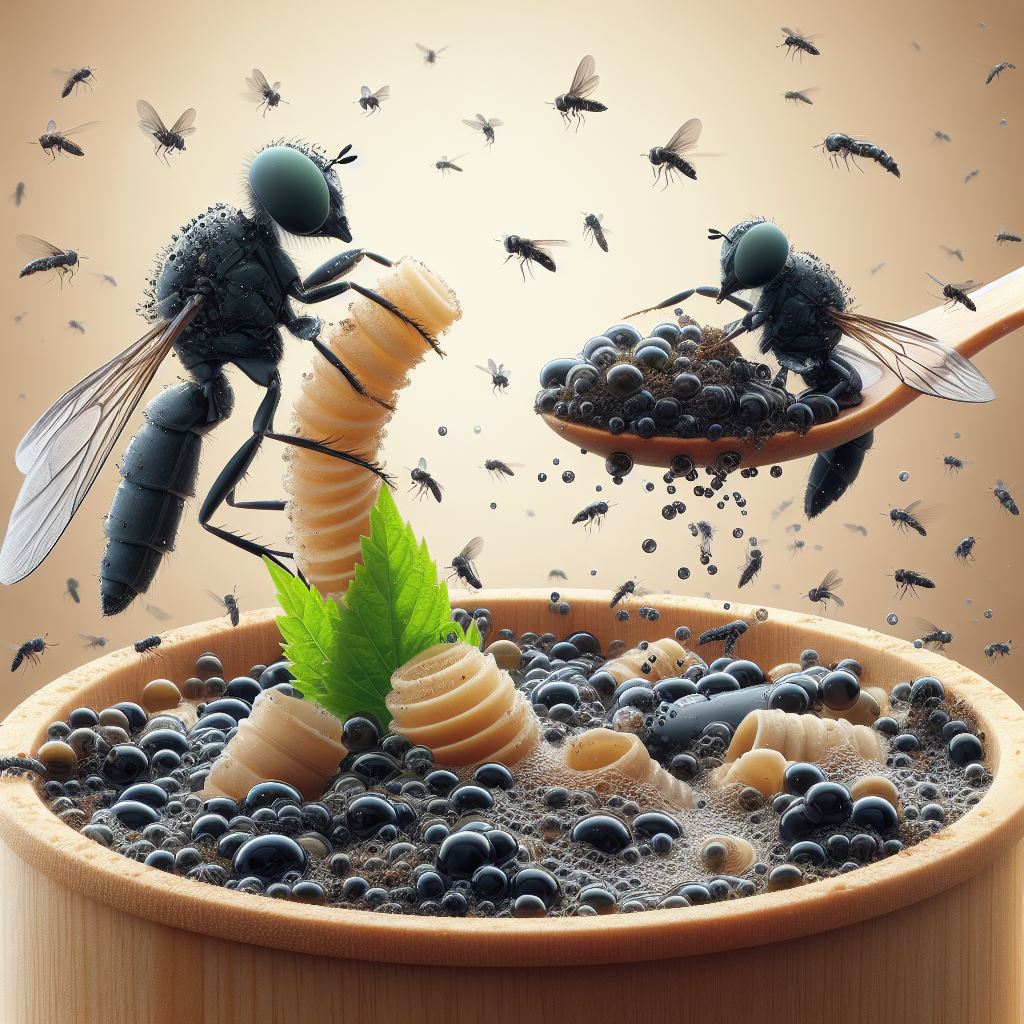
Challenges and Opportunities
While the study showcases the promising potential of insect-based diets, Barroso et al. also acknowledged challenges such as public perception, regulatory frameworks, and the need for further research. The article encourages continued exploration and collaboration within the scientific community to overcome these hurdles and unlock the full potential of insects in sustainable aquaculture.
Barroso et al.’s research represents a significant step forward in the quest for sustainable fish feed solutions. The potential of various insect species to address the environmental and economic challenges associated with traditional feed ingredients opens new avenues for innovation in aquaculture. As the industry continues to seek alternatives, insects emerge as a compelling and ecologically responsible option, signaling a paradigm shift towards a more sustainable future for fish farming.
For more information about:
- Insect Bioconversion of Waste, please contact us at the Insect school. https://www.insectschool.com/
- Turnkey Insect Farms – https://www.insectengineers.com/bsfturnkey/production
- If you would like to book BSF industry keynote speaker Bob Holtermans for your event – https://www.insectengineers.com/about-us/speaker-bobholtermans
